Dynamics of Ownership: Navigating Proxy Votes
by Daniel McNabb, CFP®, Portfolio Manager
At Chicory Wealth our financial advisors work hard to incorporate a vast amount of information into a holistic and actionable modeling of our clients’ financial lives. Similarly, our investment team views the management of client assets as a multi-faceted service, including auxiliary functions that would be difficult for ordinary investors to attend to themselves. These functions are many, and they are constantly evolving in an environment of politicized movements and changing regulation.
One of the more overlooked aspects of holding individual stocks is the ability to vote in a company’s annual meeting. This meeting is convened to elect members of the board of directors, who are the shareholders’ representatives at the company, as well as to approve executive compensation, and address any shareholder resolutions that have been properly presented. This voting process, referred to commonly as proxy voting, is designed to hold the company accountable to its owners.
However, not all owners are given equal rights. Certain companies have two classes of stock: voting shares and non-voting shares. This is a practice that opens a company up to a host of risks and usually results in the company being classified as “controlled”. This is defined as a company in which a small number of parties own over 30% of the voting shares of the company. In this company structure, it becomes very difficult for the remaining shareholders to enact a change such as rejecting a director or passing a resolution on political spending transparency. A concerning trend is underway in which the number of controlled companies is increasing. More than 46% of companies in an index of global companies are now controlled; an increase from 32% reported by MSCI in 2015. So, it would appear that the power of the average investor to cast a vote with any meaning is eroding.
Despite this trend, the efforts of individual investors to develop and pass shareholder resolutions has yielded a large number of majority votes at major companies. A recent and widely publicized example was the Engine No. 1 hedge fund movement to unseat three Exxon Mobil board directors and replace them with new directors who had more diversified experience, including with bio-diesel. The hedge fund was driven by the belief that Exxon’s relentless focus on exploration and insufficient investment in alternative fuels came at a cost for the owners of the company. While the Engine No.1 hedge fund is quite small, a number of large asset management firms including Vanguard and Blackrock voted for the resolution.
This vote has led to a backlash from some.
Ironically Blackrock, which is often criticized by environmentalists as doing too little, is also decried by certain groups as doing too much. The recent success at Exxon has heightened the calls of the anti-ESG movement (Environment/Social/Governance) to boycott asset managers like Blackrock who they say have strayed too far into the “activist investor” plane. In Texas, the government is moving to ban from the pension system Blackrock and other managers who “boycott fossil fuels” in favor of renewables companies. That these large asset managers’ largest funds are passive and contain fossil fuel companies is of no concern to the state; this is a political statement. Likewise, the broader anti-ESG movement has become increasingly politicized, straying further and further away from its humble beginnings as a group of people concerned primarily, and we believe mistakenly, with investment returns.
Within this environment, beset on all sides, Blackrock is moving to enact pass-through proxy voting, relinquishing the power to vote shares to the individual who holds the investment. This year Blackrock has already given large institutional investors (pensions and endowments) the option of voting their own shares, but this pass-through voting would extend the option to individuals. As an example, if a teacher holds shares in a Blackrock S&P500 fund, under pass-through voting that teacher would decide how to vote during the annual meetings of those five-hundred underlying companies, almost as if they owned individual shares of those companies. Of course, no one has time to do that, and so a large number of third-party proxy voters will likely arise that will allow investors to set their proxies to be voted automatically based on that third-party’s parameters. Look forward to more news on this in the coming years.
At our firm, we invest in individual stocks, which allows us to vote proxies for our clients. We also offer opportunities to our clients to participate directly in the lead up to the proxy vote, when the shareholder resolutions are still undergoing examination by the SEC. Clients who meet certain SEC ownership thresholds can sign on to file, co-file, or support a resolution. In this process we lean on a company called As You Sow to let us know which resolutions require support. An example of a successful resolution in 2022 is found at Caterpillar, where a resolution passed asking the company to report on greenhouse gas emissions. Most shareholder resolutions are non-binding, where the resolution is more of a poll than a form of direct coercion, however management does take these seriously and they often result in company action. Many resolutions are used only as a last resort when a company fails to engage meaningfully with the shareholders on the issue eventually presented in the resolution.
At Chicory Wealth we look at our clients’ investments as more than just stocks; we see them as businesses operating in an increasingly complicated world. By giving our clients the chance to support resolutions that resonate with them, and by voting their proxies in line with their values, we seek to further the concept of responsible ownership. The first step is to know what companies you own, and the second is to engage with the companies and other stakeholders with the aim of perpetuating an equitable, successful, and sustainable business model.
Photo by Edwin Andrade from Unsplash









